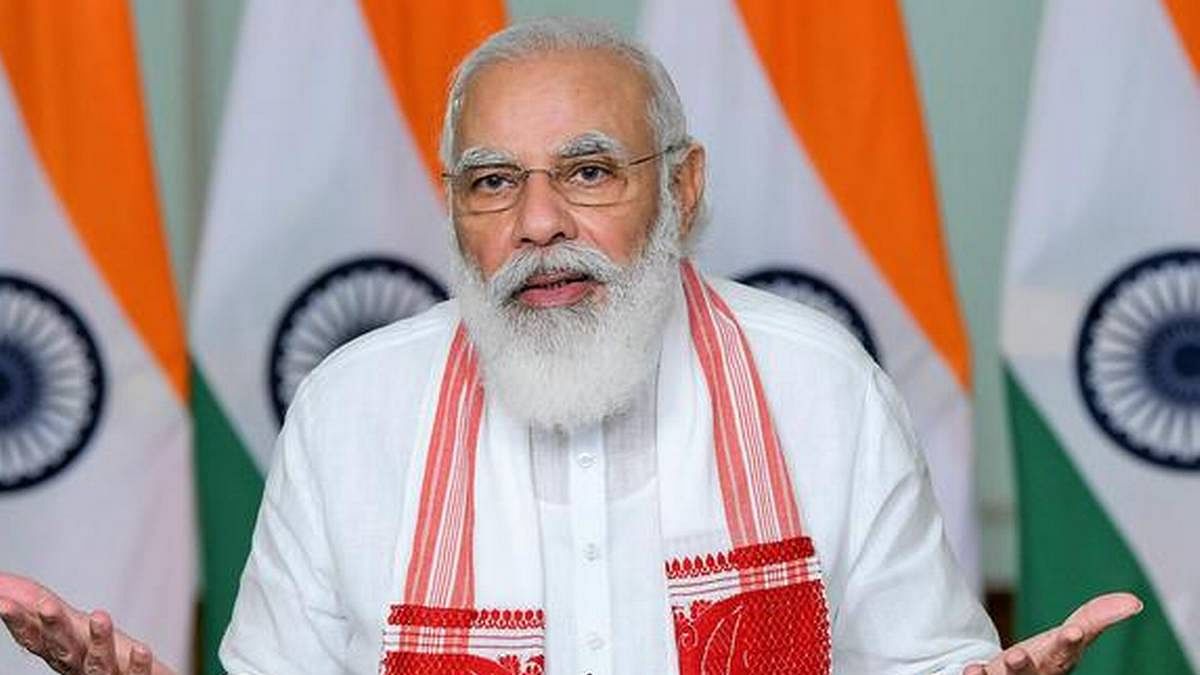The sharp reduction in small savings rates, which was to take effect from 1 April, has been withdrawn by the government. On Thursday morning, Finance Minister Nirmala Sitharaman said that the “orders issued by oversight shall be withdrawn”. The cuts of up to 1.1% on small savings schemes ranging from the National Savings Certificates (NSC) to Public Provident Fund (PPF) would have hurt millions of middle-class depositors at a time many have lost jobs or faced pay-cuts during the pandemic.
The government had cut interest rates on various small savings schemes sharply by 40-110 basis points on Wednesday. The revised rates were to come into effect from 1 April and remain in effect till 30 June.
“Interest rates of small savings schemes of Government of India shall continue to be at the rates which existed in the last quarter of 2020-2021, that is, rates that prevailed as of March 2021. Orders issued by oversight shall be withdrawn,” Sitharaman tweeted less than 12 hours after her Ministry published the rate cuts. Small saving rates are linked to yields on benchmark government bonds which have fallen over the last year as the RBI cut rates to support the economy.
The government announced the unprecedented u-turn just as voting began in West Bengal and Assam for state polls. The rates will remain unchanged till June end, as per a government notification, implying that the move may well have been deferred till after the elections.
If implemented, this would have been the second slash on small savings within a year, one that would have reduced interest rates to more than four-decade low. In the April-June quarter of 2020-21, the government had cut rates of small savings schemes by 0.70-1.4%.
According to sources, the government had sought the Election Commission’s no-objection for the periodic review of interest rates and had got it before announcing it in the middle of elections. Some of the cut rates were lower than the current inflation rate which meant depositors would effectively lose out.























